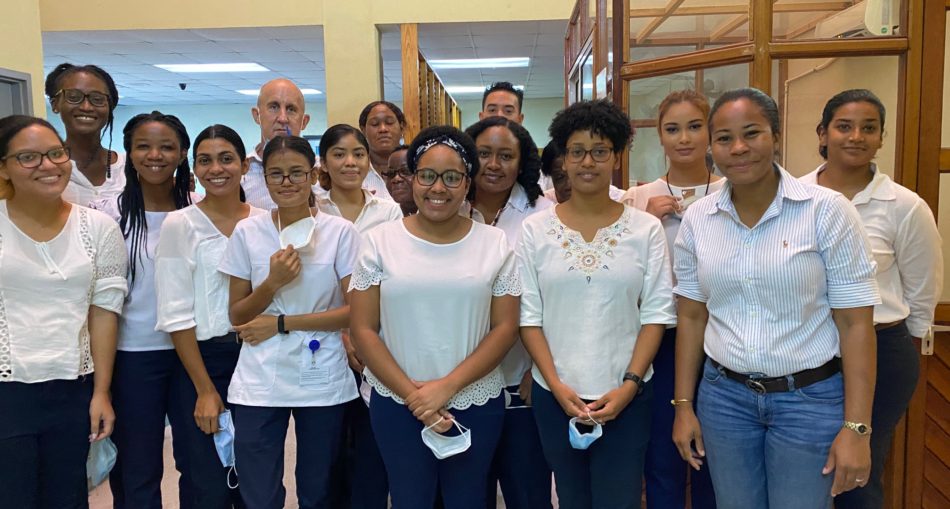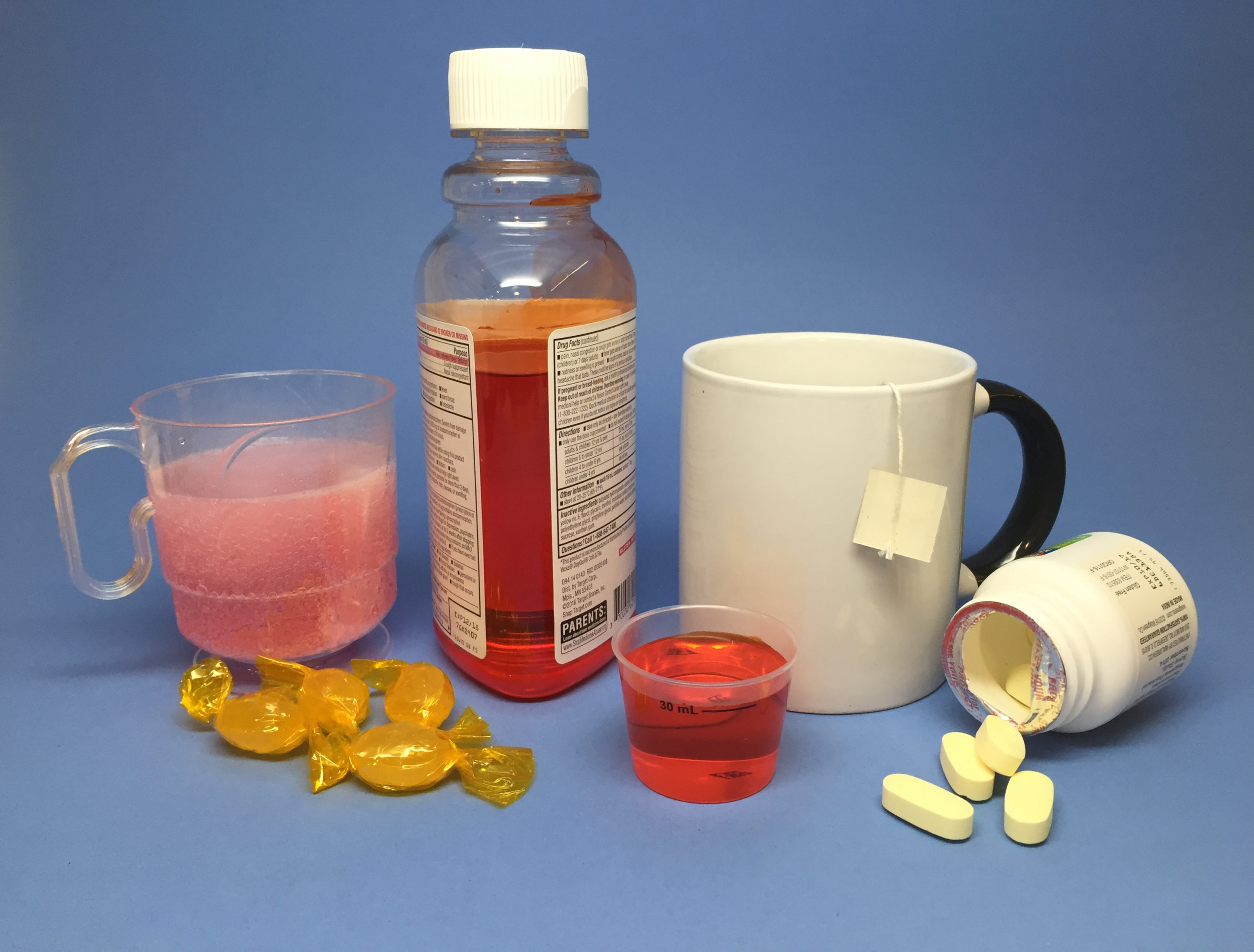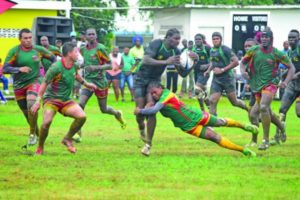Under the theme: “Rehabilitation after COVID-19”, World Physiotherapy Day was observed last week, Tuesday, September 8 – a day designated to its observance annually.

Physiotherapists on World Physiotherapy Day was observed on Tuesday, Sept. 8, 2020 – Photo Credit: (Kaieteur News)
This day serves as an occasion for physiotherapists worldwide to stand together in cohesion and solidarity to raise awareness about the profession and its impact on helping people achieve optimum functionality.
“This virus has impacted the global community on insurmountable levels and will be something that will be at the forefront of all plans for the foreseeable future.”
With the advent of this new norm, the physiotherapy community in a press release stated that it has risen to the challenge of contributing their expertise to improve the quality of life of the persons who would have suffered from COVID-19 while being on the frontline with their colleagues.
The role of physiotherapists in supporting and empowering individuals to self-manage their rehabilitation, where appropriate and able, is essential, mainly when access is restricted or service delivery changed, the statement added.
It also highlighted that individual rehabilitation needs might be specific to the consequence of COVID-19 for otherwise healthy people, such as recovery from long-term ventilation, immobilization, and deconditioning, including related impairments that may be respiratory, neurological, musculoskeletal, or otherwise.
Early reports highlight that the rehabilitation needs of people with severe COVID-19 exist during the acute, sub-acute, and long-term phases of the disease.
As such, physiotherapists are vital to the rehabilitation efforts in intensive care units (ICUs), hospital wards, step-down facilities, and the community. Physiotherapists currently work in the COVID-19 ICU, and, to date, over 50 patients have been seen at the Georgetown Public Hospital Cooperation (GPHC).
“The patients have had improvement to their lung function through breathing techniques and airway clearance techniques when necessary. Other treatments include a range of motion and mobility exercises,” the statement added.
It stressed the importance of preparing for the aftershocks of the COVID-19 pandemic and ongoing rehabilitation needs associated with post-intensive care syndrome (PICS) and other severe conditions.
Studies, the statement continued, are indicating relatively long lengths of stay in the ICU units for patients with COVID-19, with immobilization in the prone position.
“They describe specific problems in the post-acute phase such as severe muscle weakness, fatigue, joint stiffness, dysphagia, (neuro)-psychological problems and impaired mobility and functioning, highlighting how crucial physiotherapists are in early and ongoing rehabilitation,” the statement added.
The importance of coordinated rehabilitation approaches for patients with PICS, as part of the COVID-19 rehabilitation pathways, it noted, emphasizes a multi-professional approach involving relevant health professionals and service providers across sectors to support individuals and families.
Despite the adverse effects of COVID-19, providing patient rehabilitation services had remained a top priority. Moreover, social distancing has become the norm. With that in mind, rehabilitation departments in all Ten Administrative Regions of Guyana have operated under strict protocols to ensure patient safety.
Even as Guyana observed World Physiotherapy Day, two long-standing stalwarts in the profession – Mrs. Sultana Fitzpatrick and Mrs. Paula Alexander – were recognized for their contributions.
[Extracted and Modified from Kaieteur News]







